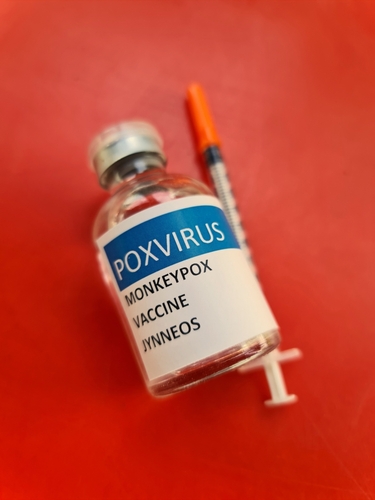
As concerns about the monkeypox outbreak worldwide continued to grow, the U.S. Department of Health and Human Services (HHS) responded last week with an order for another 2.5 million doses of Bavarian Nordic’s JYNNEOS monkeypox vaccine to fill the Strategic National Stockpile (SNS).
While the results of that order will not be received until 2023, HHS recently received another 131,000 doses of the vaccine and made them immediately available to states and jurisdictions in need. As a result, more than 300,000 doses have been made available since last May, and once the full 2.5 million extra doses – on top of other orders – arrive next year, the total supply of monkeypox vaccine at the government’s disposal is expected to reach nearly 7 million doses.
“We continue to do everything we can to ramp up supply of vaccines and distribute them to those in need as quickly and equitably as possible,” Dawn O’Connell, HHS Assistant Secretary for Preparedness and Response, said. “Our strategy is to secure additional doses for the near-term while also making sure we have a steady supply in the weeks and months to come.”
So far, HHS has shipped out approximately 156,000 doses ordered by states and jurisdictions. Of those, about 100,000 were confirmed delivered as of July 15.
The U.S. Food and Drug Administration (FDA) recently reported that it had finished inspecting a Bavarian Nordic manufacturing facility in Denmark. As a result, doses from that facility could be approved by the end of the month, and additional doses available by around 780,000.
Inroads have also been made on testing supplies.
“At CDC, we continue to work closely with the community, public health partners, and clinicians to increase awareness about the current monkeypox outbreak,” Dr. Rochelle Walensky, Centers for Disease Control and Prevention Director, said. “We have expanded the nation’s monkeypox testing capacity and now have four commercial laboratories whose combined capabilities have increased testing capacity from 6,000 specimens a week to 70,000. The ability to increase testing capacity and improve access will provide the nation a better understanding of the outbreak and help us fight it.”

